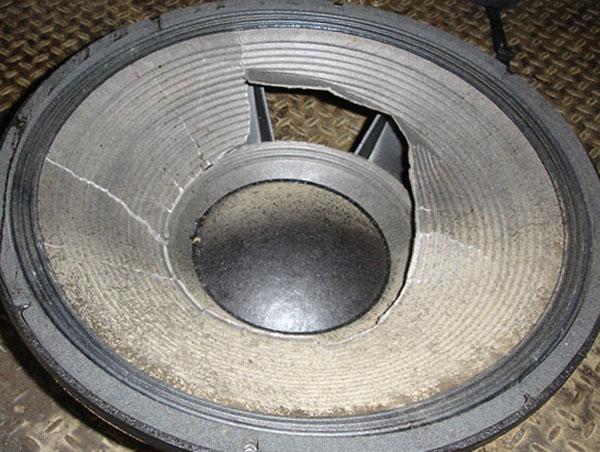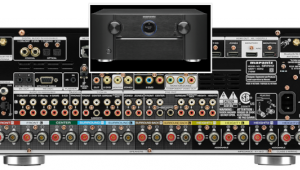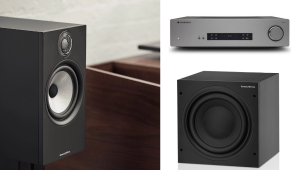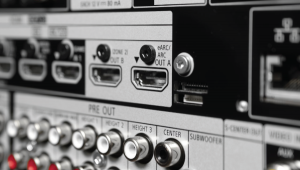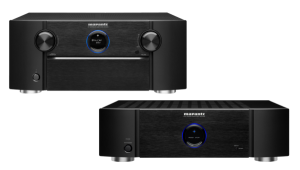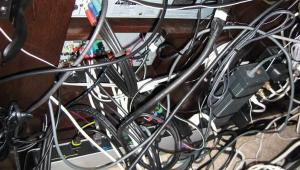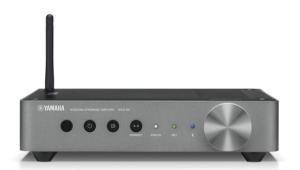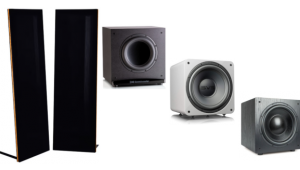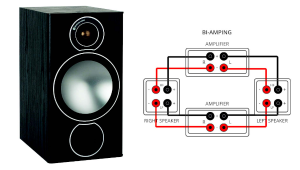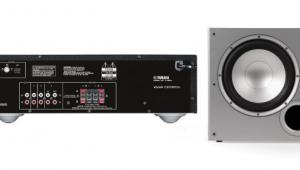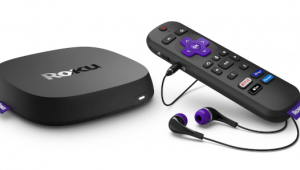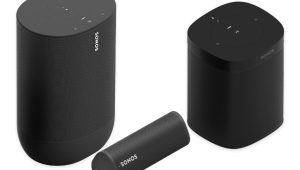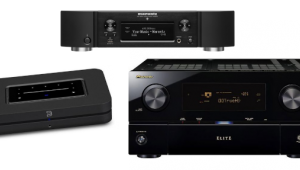Dan (and Home Theater Magazine!) should also realize that wattage ratings are EXTREMELY distorted! Also, saying the AVR has a rating of 90 Watts tells you absolutely nothing. To get a TRUE measure of available power, you also need to know what frequency range it is tested at and also the number of channels driven. You also need to know how much total harmonic distortion is present (THD) at the measured output. (roughly 0.1% THD is where the distortion becomes audible)
For example, lets look at the AVR1612 (I picked this one because HT Mag has a review on this model). Denon's website puts the 1612's output at 75 Watts/channel, with all 5 channels driven, with 0.08% THD. Home Theater Mag reviewed this unit and found that with all 5 channels driven, you get 71.5 watts at .1% THD and 79.8 watts at 1% THD...so Denon's specs are pretty close to what you get in the real world. Other companies aren't so truthful. Lets take a look at another example, the Onkyo TX-NR609...
The BOX says 125 watts...but if you look at the website, you see each PAIR of channels rated separately. The front left and right channels are listed as follows: 100 W + 100 W (8 ohms, 20 Hz-20 kHz,0.08%, 2 channels driven, FTC)125 W + 125 W (6 ohms,1kHz,0.1%,2 channels driven, FTC).
So here, you can see that if you are only powering TWO speakers, AND the speakers are 6 ohm nominal impedance, you will get 125 watts per channel before you start to hear distortion. However, if you look at Home Theater Mag's review, when you drive 7 speakers at the same time, this unit only puts out 77.7 watts per channel before you hit 0.1% distortion! So, while it may seem like you are buying a more powerful amp than your AVR 1912, in reality, the power is about the same as what you have!
Finally, NOTHING in the specs will EVER tell you how the thing actually sounds! You really need to listen to the AVR before making a purchase! I have seen plenty of cases where a lower powered (or lower priced) AVR sounds SIGNIFICANTLY better than the higher powered one. (try listening to a Marantz vs. the Denon!)
I hope this information helps you on your quest...good luck, and have fun!
